Golden Sixties
(2009)Streaming Episode Guide

Season 2
Jiří Krejčík
Episode 13 - 12-18-2015

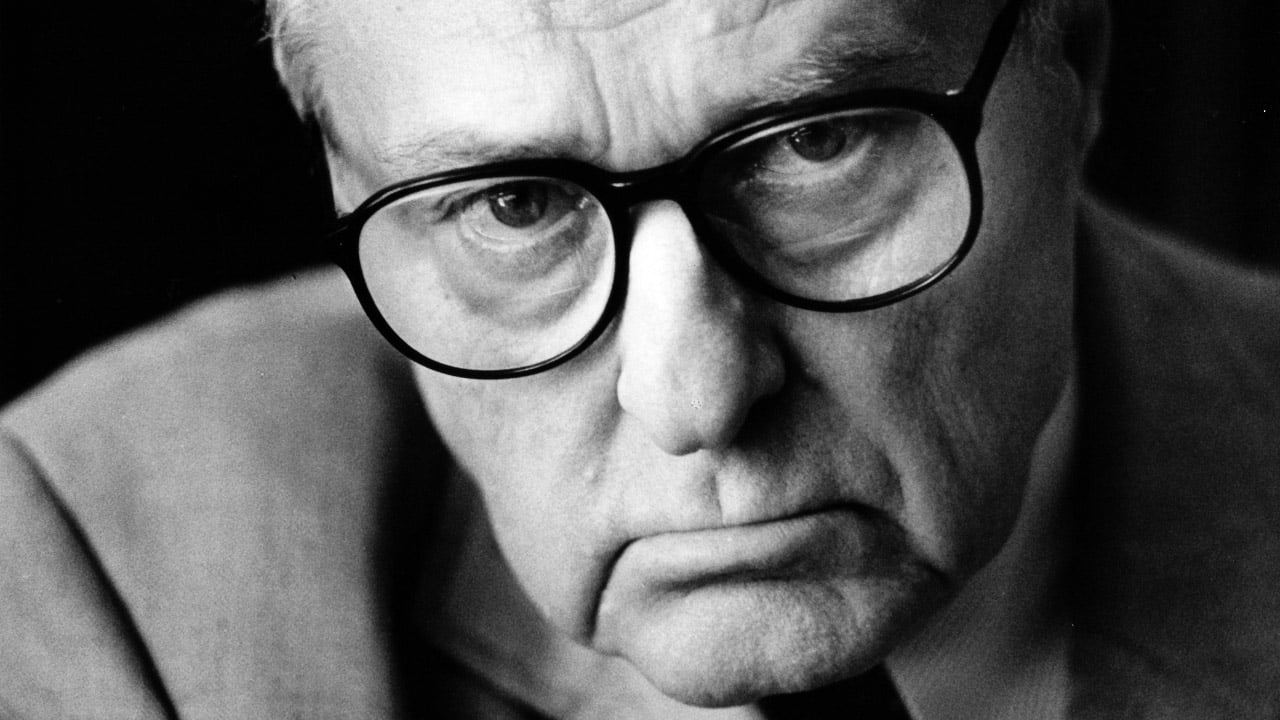
Jaromil Jireš
Episode 12 - 12-11-2015

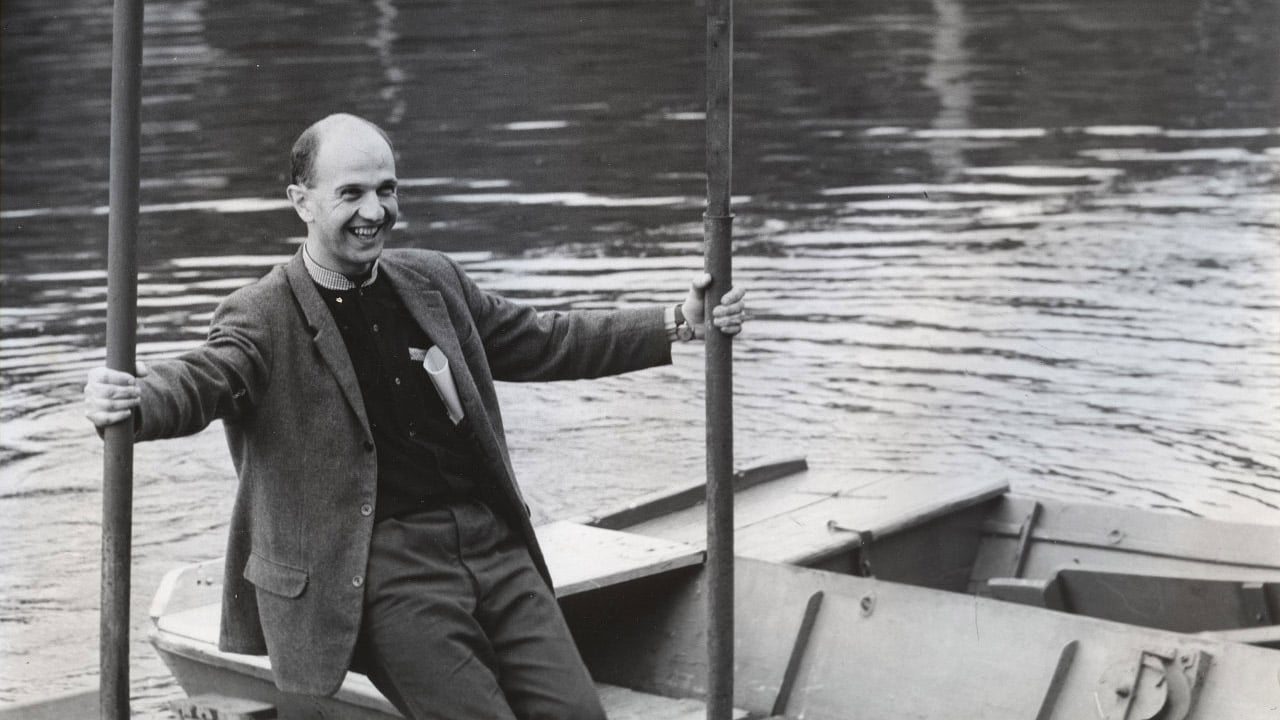
Evald Schorm
Episode 11 - 12-04-2015

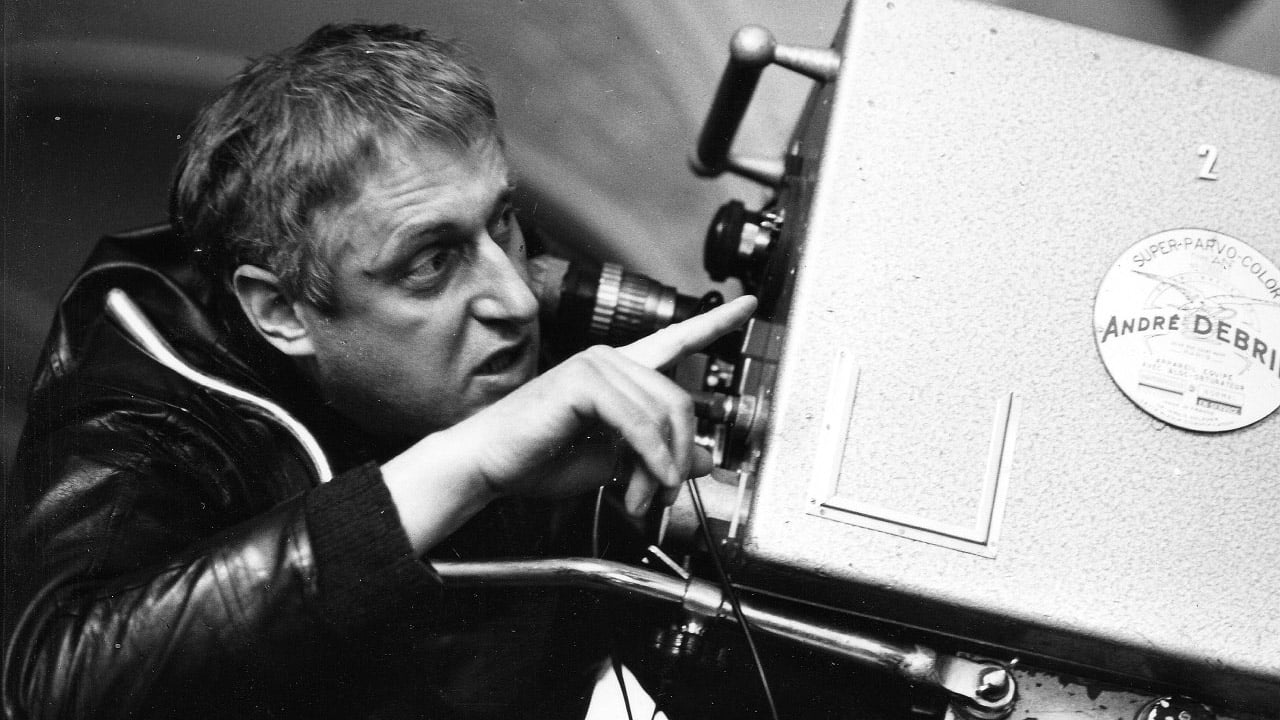
Jaroslav Papoušek
Episode 10 - 11-27-2015

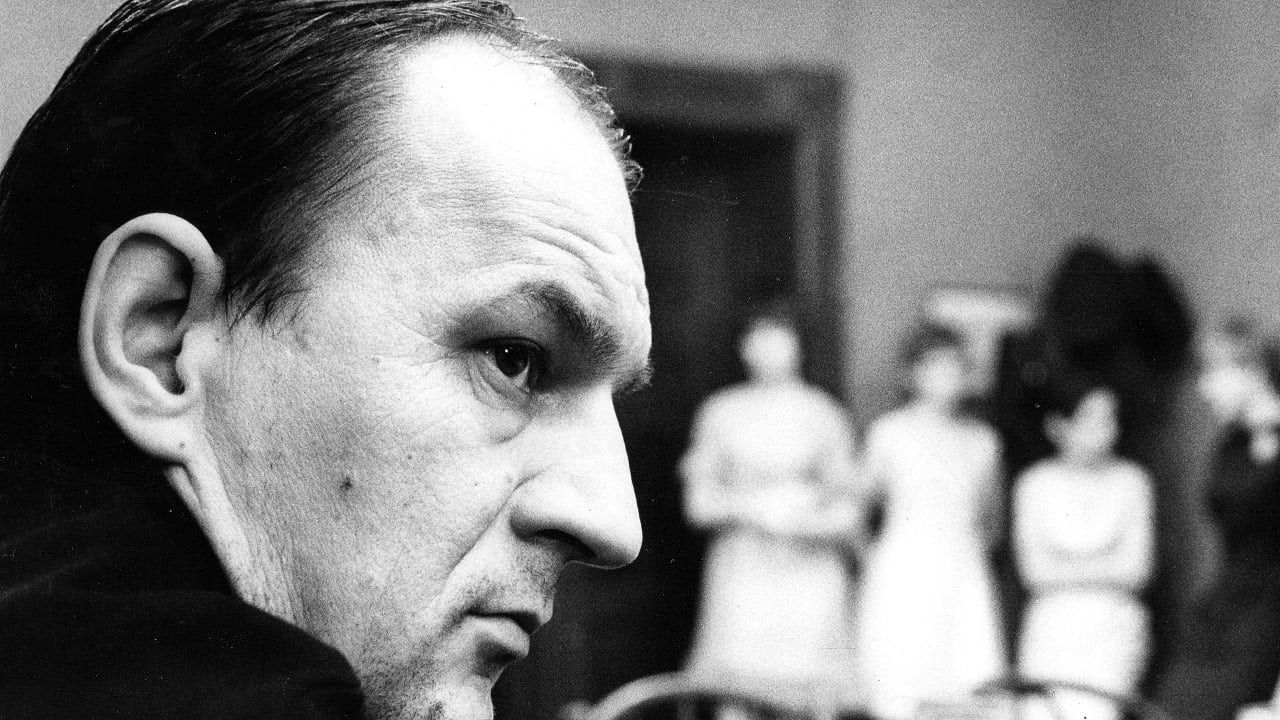
Ester Krumbachová
Episode 9 - 11-13-2015

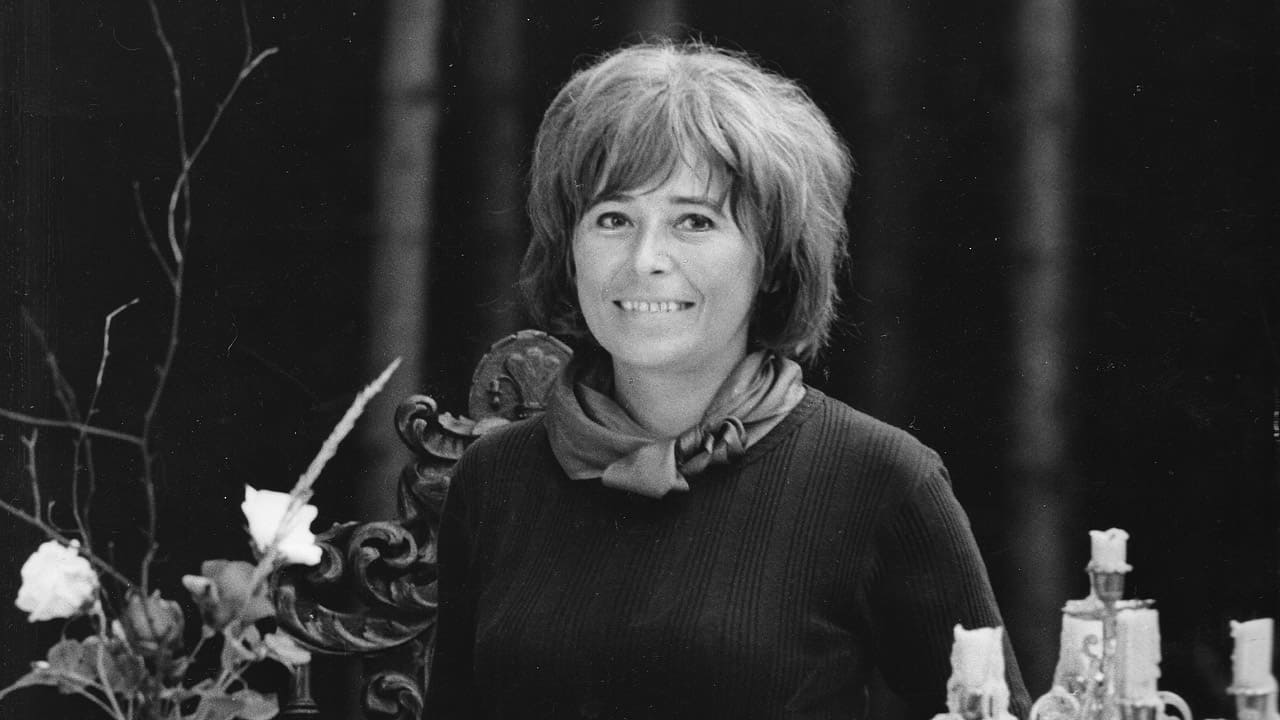
Antonín Máša
Episode 8 - 11-06-2015

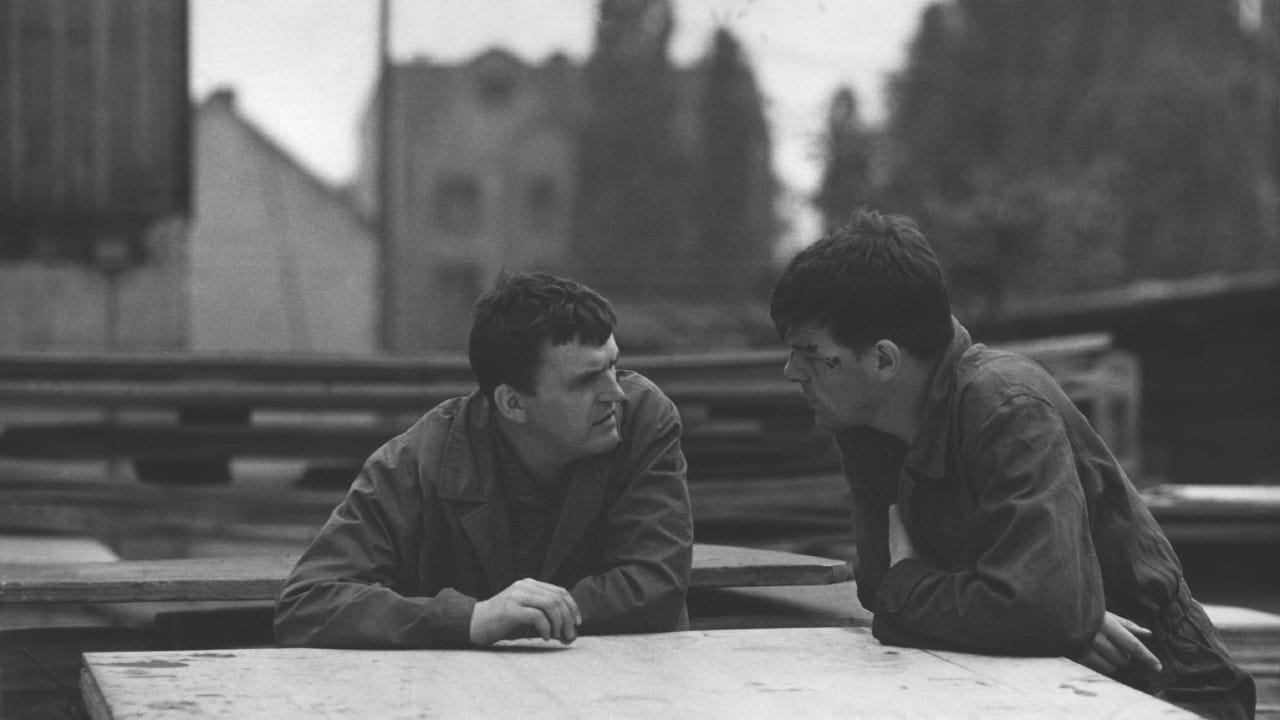
Elo Havetta
Episode 7 - 10-23-2015

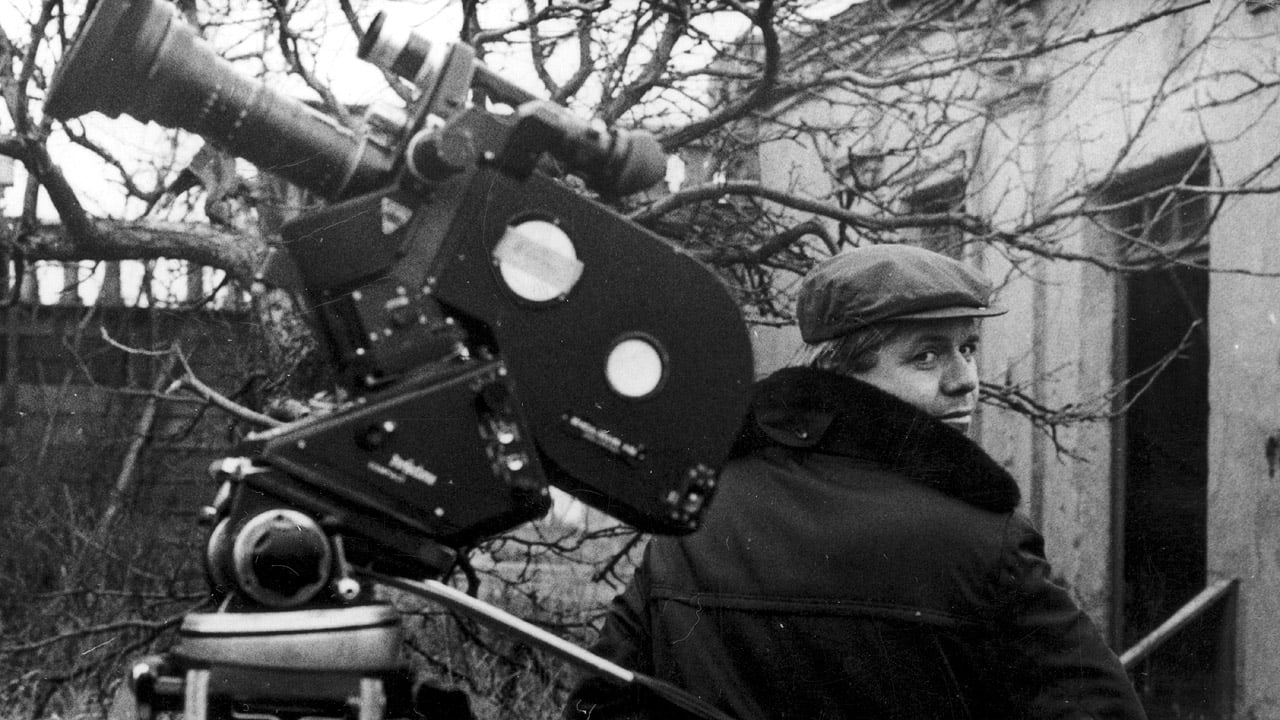
Pavel Juráček
Episode 6 - 10-16-2015

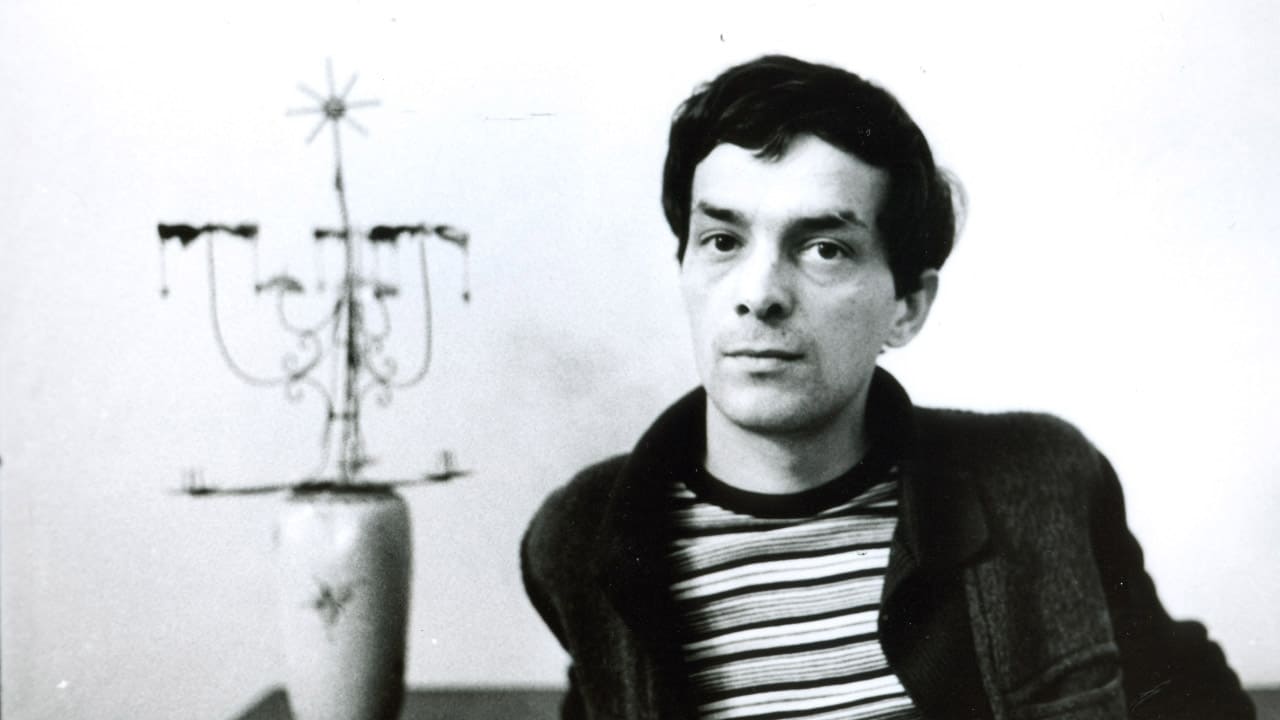
Štefan Uher
Episode 5 - 10-09-2015

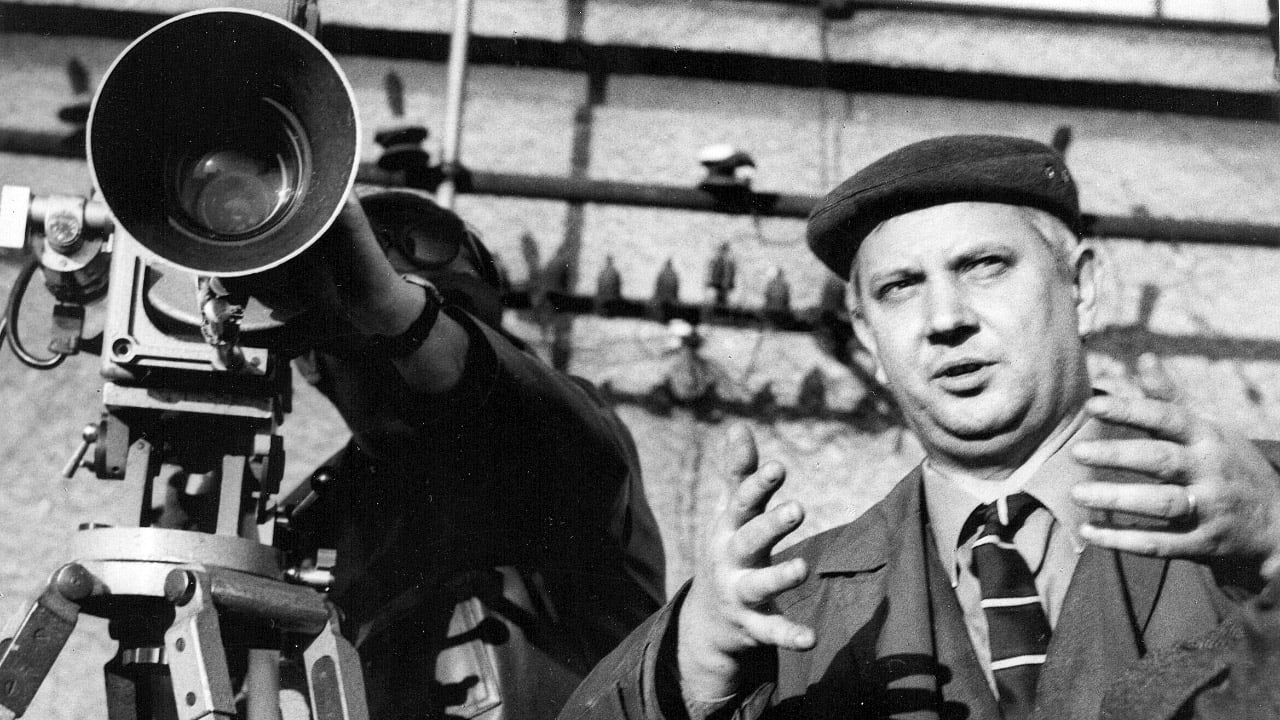
František Vláčil
Episode 4 - 10-02-2015

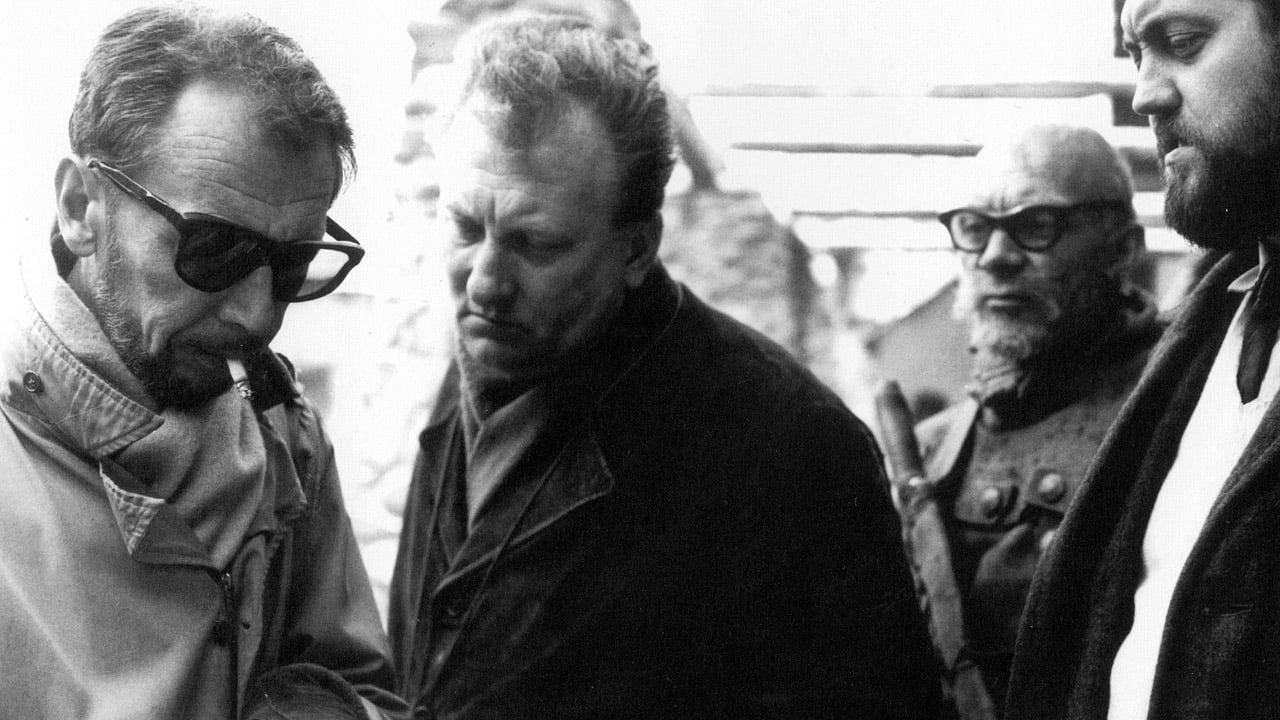
Peter Solan
Episode 3 - 9-25-2015

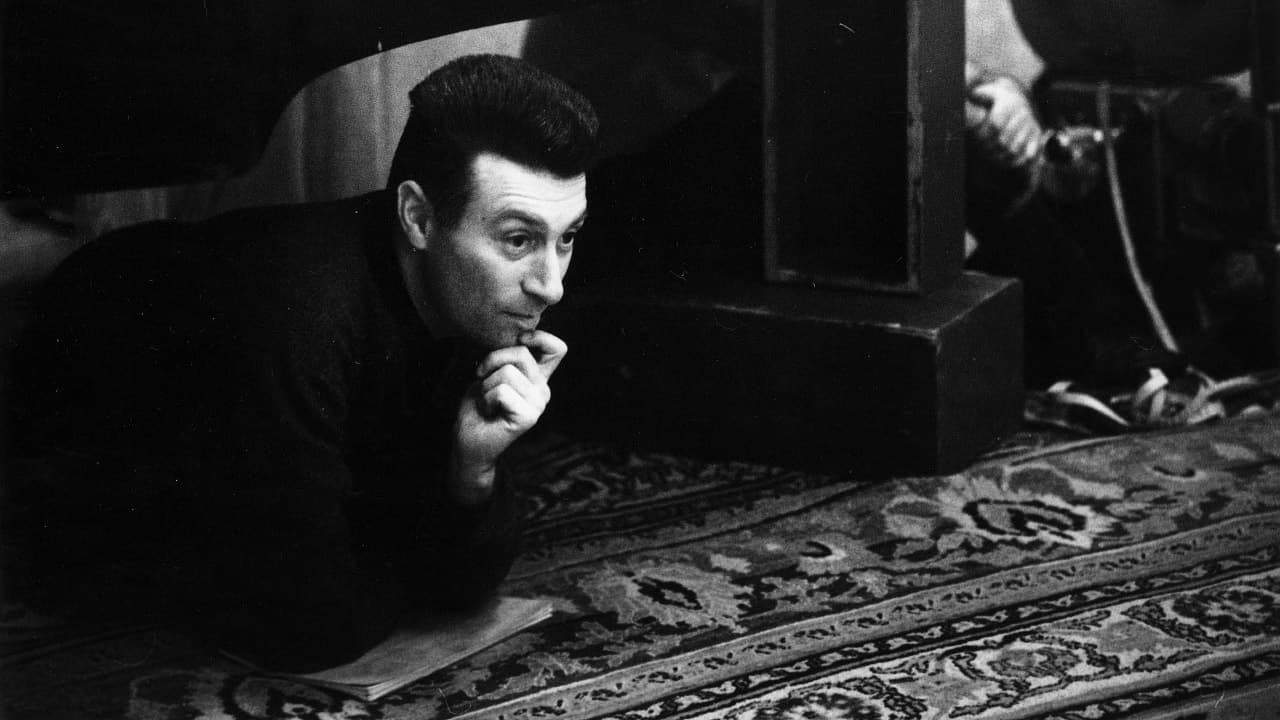
Karel Kachyňa
Episode 2 - 9-18-2015

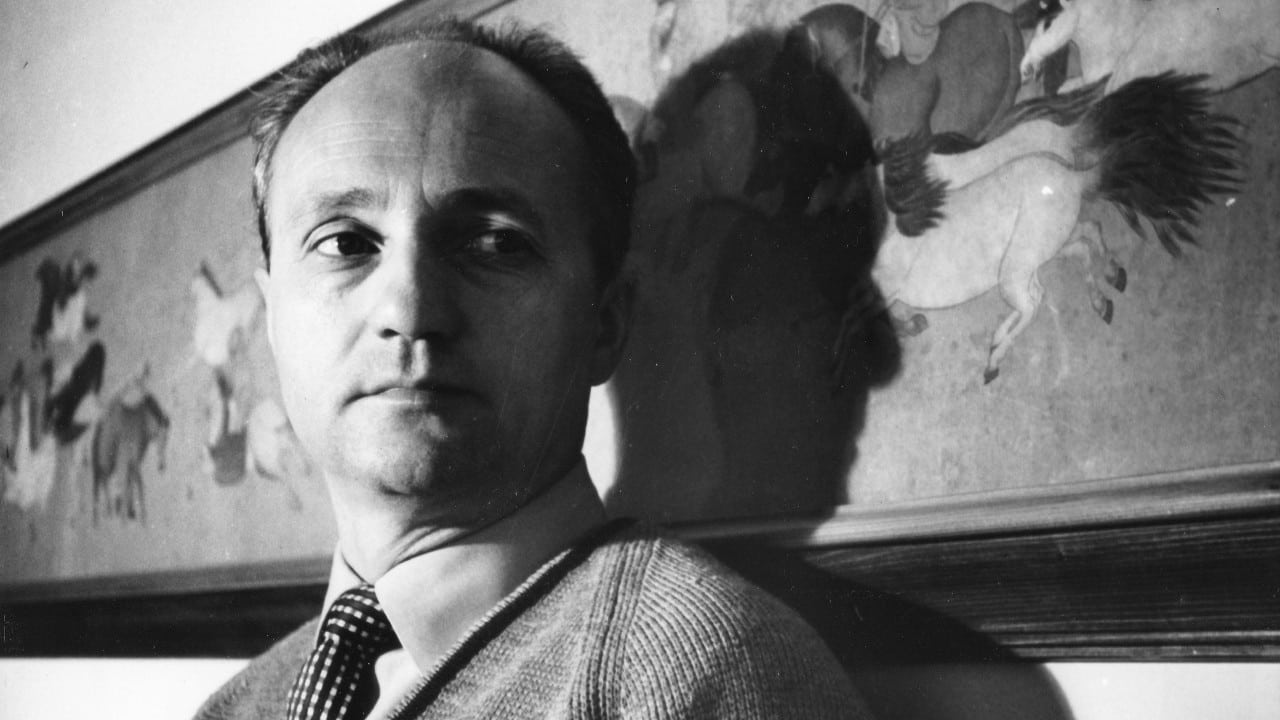
Ján Kadár & Elmar Klos
Episode 1 - 9-11-2015

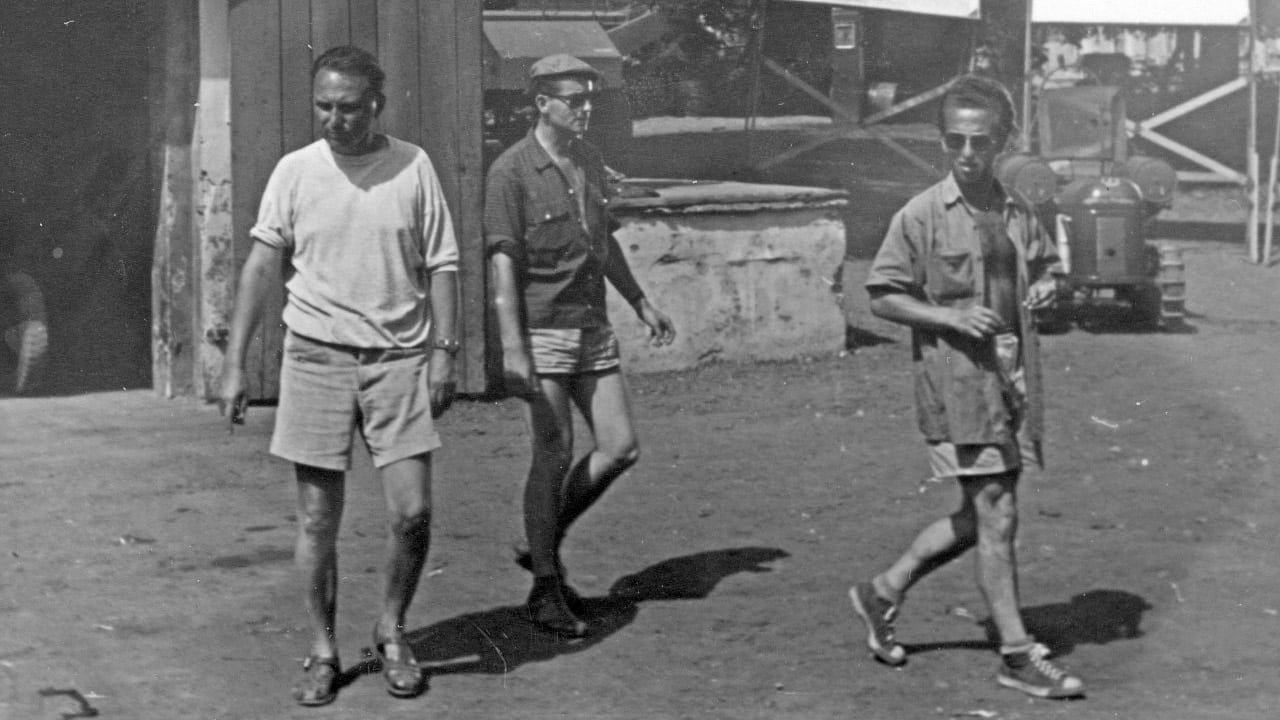

Season 1
Ivan Passer
Episode 26 - 7-25-2009


Vít Olmer
Episode 25 - 7-18-2009


Dušan Hanák
Episode 24 - 7-11-2009


Vojtěch Jasný
Episode 23 - 6-27-2009


Juraj Jakubisko
Episode 22 - 6-20-2009


Igor Luther
Episode 21 - 6-13-2009


Karel Vachek
Episode 20 - 6-06-2009


Ivan Balaďa
Episode 19 - 5-30-2009


Eduard Grečner
Episode 18 - 5-23-2009


Jan Němec
Episode 17 - 5-16-2009


Zdeněk Mahler
Episode 16 - 5-09-2009


Jan Schmidt
Episode 15 - 4-18-2009


Drahomíra Vihanová
Episode 14 - 4-11-2009


Meir Lubor Dohnal
Episode 13 - 4-04-2009


Jan Švankmajer
Episode 12 - 3-21-2009


Jan Kačer
Episode 11 - 3-14-2009


Stanislav Milota
Episode 10 - 3-07-2009


Jiří Menzel
Episode 9 - 2-28-2009


Ladislav Helge
Episode 8 - 2-21-2009


Hynek Bočan
Episode 7 - 2-14-2009


Albert Marenčin
Episode 6 - 2-07-2009


Věra Chytilová
Episode 5 - 1-31-2009


Miroslav Ondříček
Episode 4 - 1-24-2009


Juraj Herz
Episode 3 - 1-17-2009


Otakar Vávra
Episode 2 - 1-10-2009


Miloš Forman
Episode 1 - 1-03-2009





